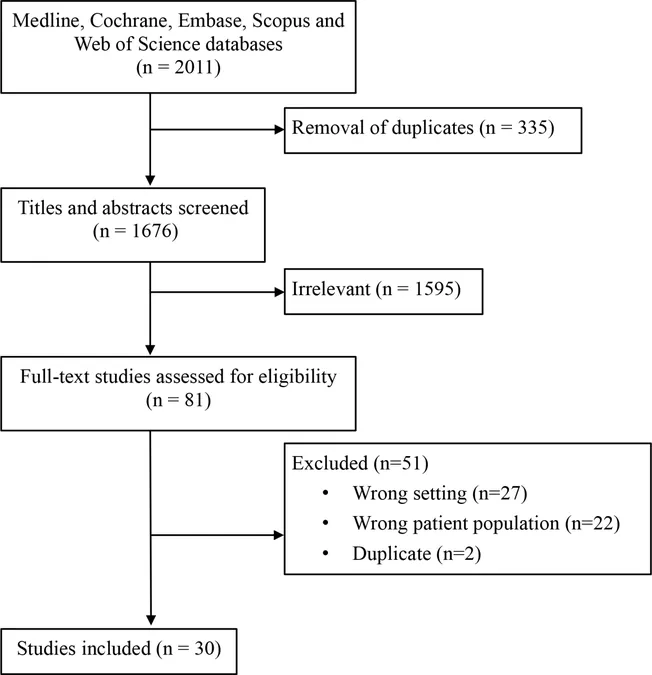
Shocking New Study Reveals How Standing at Work Can Spike Your Blood Pressure!
2024-11-22
Author: Yu
A groundbreaking study from the Finnish Retirement and Aging study (FIREA) at the University of Turku has unveiled alarming insights about how our daily work habits may significantly affect our blood pressure levels over the course of 24 hours. Surprisingly, the research indicates that the way we position ourselves at work—whether standing or sitting—has a more profound impact on our blood pressure than the exercise we do during our leisure time.
24-Hour Blood Pressure Monitoring: The Key to Understanding Cardiovascular Health
The study was innovative in its methodology, employing 24-hour blood pressure monitoring techniques that measure blood pressure at regular intervals. This kind of constant tracking offers a clearer understanding of how blood pressure fluctuates throughout the day and night, which is crucial for evaluating cardiovascular health.
The Dangers of Prolonged Standing
The findings are concerning: prolonged periods of standing at work were linked to elevated blood pressure throughout the day. Interestingly, sedentary work showed a correlation with healthier blood pressure levels. As individuals engaged in various work activities, the researchers used thigh-worn accelerometers to track the employees’ movement patterns and utilized a portable device to chart their blood pressure every 30 minutes over a full day.
This continuous monitoring revealed that elevated blood pressure paired with insufficient nighttime dips can lead to arterial stiffness—an early warning sign of potential cardiovascular diseases. The heart has to work harder to circulate blood, especially when standing for long periods, increasing vascular resistance and, unsurprisingly, blood pressure.
Are Standing Desks Really Beneficial?
While standing desks have gained popularity as a way to encourage movement during the workday, the study cautions against over-reliance. Dr. Jooa Norha, one of the researchers, advises: 'A standing desk can provide a nice change from sitting at the office, but too much standing can be harmful. It’s vital to take breaks, whether it's walking every half hour or sitting intermittently throughout the day.'
The Importance of Balancing Work and Leisure Activities
The startling revelation within the study is that being sedentary isn’t inherently damaging to blood pressure—what matters is how individuals balance their work-related activity with recreational exercise. The research underlines the importance of engaging in intentional leisure-time exercise, such as aerobics or strength training, which not only improves fitness levels but also helps to mitigate the stresses resulting from work activities.
This study reaffirms that everyone, whether in physically demanding jobs like construction or more sedentary positions, can benefit from a structured exercise routine during their free time.
Conclusion: A Call to Action for Workers Everywhere
In conclusion, the insights from the FIREA study serve as a wake-up call for both employers and employees. It is essential to strike a balance between standing and sitting, as well as prioritizing regular physical activity outside of work hours. As our understanding of the relationship between work habits and health evolves, making informed choices can help safeguard our cardiovascular well-being in the long run.
To find out more about how to improve your daily health, stay tuned for more eye-opening reports!



 Brasil (PT)
Brasil (PT)
 Canada (EN)
Canada (EN)
 Chile (ES)
Chile (ES)
 España (ES)
España (ES)
 France (FR)
France (FR)
 Hong Kong (EN)
Hong Kong (EN)
 Italia (IT)
Italia (IT)
 日本 (JA)
日本 (JA)
 Magyarország (HU)
Magyarország (HU)
 Norge (NO)
Norge (NO)
 Polska (PL)
Polska (PL)
 Schweiz (DE)
Schweiz (DE)
 Singapore (EN)
Singapore (EN)
 Sverige (SV)
Sverige (SV)
 Suomi (FI)
Suomi (FI)
 Türkiye (TR)
Türkiye (TR)